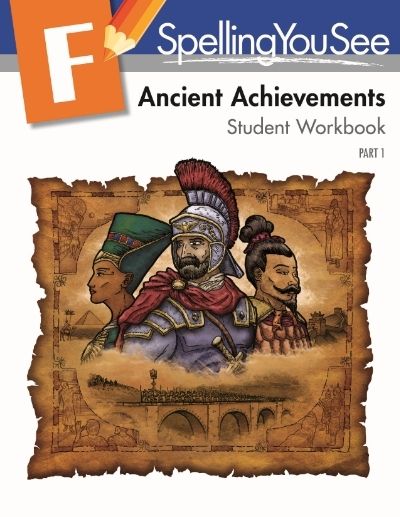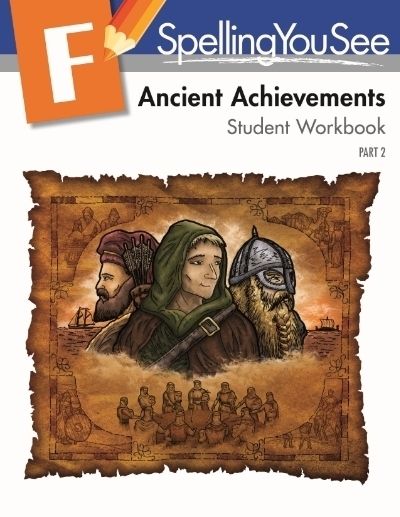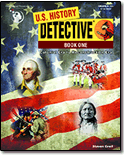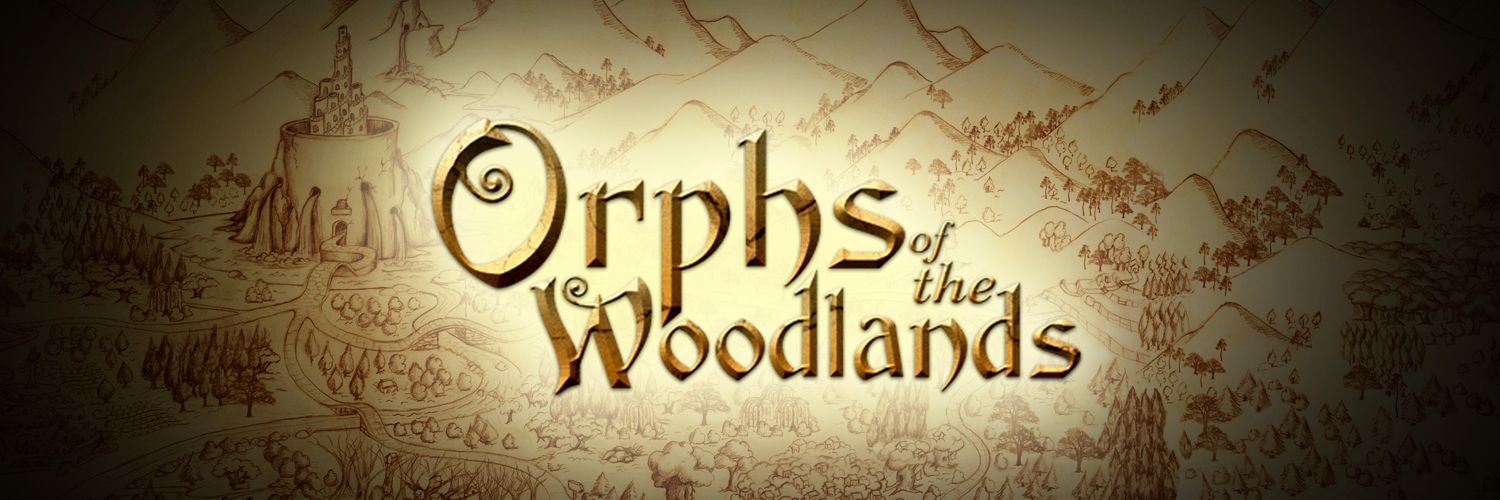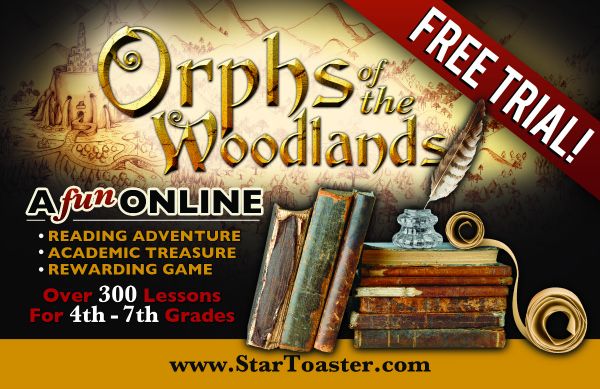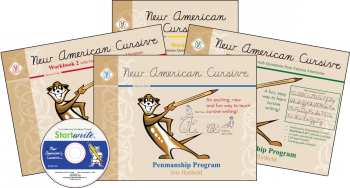I have been wanting to write a response to
this piece for awhile now. When I first read it, I was initially amused, and then simultaneously angry and sad. The author claims to want to be married (in fact, he has been married), but maintains that his generation is pretty much just not cut out for marriage. He cites five reasons, to which I will respond below. (N.B., for those who may not know, I just turned 40. I got married in 1996, the day after I turned 21. I got engaged when I was 19 while still a sophomore in college. While married, I finished college and completed my Ph.D. By the time I finished my doctorate, we had two children under the age of 3 and I was pregnant with twins. I was 29 years old. I mention these facts because I consider them relevant in the context of the article. Hopefully that relevance will become clear.)
The author's first reason why his generation can't make marriage work is that
sex becomes almost non-existent. For this he blames the ubiquitous presence of technology and "pictures of men and women we know half-naked - some look better than your husband or wife." The fact that this even makes it as a reason for the failure of a marriage baffles me because the solution is so unbelievably easy. Turn it off. Unsubscribe. Guard your eyes. Value your marriage over everything else. Decide what the most important thing in your life is and then treat it that way. I can say with all honesty that *no one* looks better to me than my husband. I look at him and I see our past and our future. I see our children and our struggles. I see our inside jokes and the things that no one could ever understand. I don't know what anyone else thinks, but to me, he's majorly hot, and he just gets hotter as we get older. I'm not Facebook friends with anyone who posts half-naked pictures of themselves (and I'm friends with everyone from teenagers to elderly people), and I were, I would press that little "x" at the upper corner of their posts that would allow me to hide what they post without going through the drama of unfriending them.
The author states that sex becomes
boring. I guess my answer to that is, what did you expect? Manage your expectations. Like all good things, there are ebbs and flows in marriage. Sometimes there will be fireworks and many times it will be the same old crackers. If you love your crackers, that's okay. When I was a young teenager and my father was teaching me about sex, he told me that when everything else in your marriage was pulling you apart, sex was the glue that held you together. Viewed that way, it really doesn't matter whether you find it
boring, does it? I know that I'm not likely to win any converts with this reference, but if you stop viewing sex as a way to get your ya-yas, and start viewing it as an essential (dare I say sacramental?) component of your marriage, if you stop viewing your spouse as one possible choice among the many potential partners out there and start viewing him/her as the person with whom you *will* spend the rest of your life, then saying that a generation is not cut out for marriage because they don't have sex just sounds silly.
The best piece of advice, of course, is the oldest one in the book: wait until marriage to have sex in the first place. That will bond you like nothing else. It's the easiest way to overcome Reason #1.
Reason #2 stated in the article is
"Finances cripple us." My initial reaction to this reason was laughter. When I read further on, I laughed harder. First of all, finances can cripple any one of any generation. The author of this piece, though, thinks that his generation is uniquely qualified to be financially challenged. He writes, "Years ago, it didn't cost upwards of $200,000 for an education. It also didn't cost $300,000+ for a home." And it still doesn't have to today, my friend. I offer you a key term that you should consider, should you ever get married again - PRIORITIES.
According to the College Board, the average cost of a year of college, including tuition and fees, for an in-state resident at a state college in 2014-15, was $9,139. Now, my degrees are in political science and history, but I'm not getting $200,000 when I multiply by 4, not even when I throw in housing (assuming casa mama is closed for business). I am guessing that Harvard may end up in that $200,000 range once you throw in housing and the premium you are probably required to pay for "safe spaces."
Now, the author is pretty dead-on with his average home cost, but I'm going to go out on a limb here and suggest that if you can't afford to buy a home (and most newlyweds probably can't), then don't. No one says you have to own a home. Also, the average home cost is just that - it means that there are a fair number of homes that come in *under* that price. If you don't want the stress of a large house payment, don't buy more house than you can afford. I do speak from experience here. When Henry and I bought our first (make that our only) house, we could have afforded much more home than we got. However, we considered the fact that we would at some point in the (probably near) future be having children, buying new cars, possibly taking pay cuts (as in, mine would go to zero when I stopped getting a stipend in grad school), etc. It's called not biting off more than you can chew.
Just for perspective, the author talks about these difficulties when you're in your mid-20s. Henry (as the breadwinner) was in his mid-20s at the time.
The author talks about not being able to go out to dinner, buy anniversary gifts, or take vacations because the bills are due. He talks about it putting a strain on the relationship. I can only say, "Really? REALLY?" What relationship could you possibly have in the first place? Make dinner and take it to a park. Go to the dollar store and buy clever anniversary gifts, or - here's an idea! - DO something for your spouse for your anniversary! Go camping for vacation. Go on a road trip. Challenge each other to come up with a trip with a $150 budget or something of the like. Don't have that much? Work with what you do have. Can't go anywhere? Again I say - go to the park! Go for long walks - you're newlyweds! Act like it! You talk about wanting to live like your grandparents - what on Earth do you think they were doing? Not living it up like millionaires, I'm guessing. I know mine weren't.
Reason #3 is that
"We're more connected than ever, but completely disconnected at the same time." Click to the article with the link at the beginning of this piece to read the author's explanation of this reason, because, honestly, it is so facile that I can't even summarize. All I can say is, if it's not working for you -- and your marriage is at stake! -- Turn. It. Off. For my husband and me, our technology facilitates our relationship, he sends me texts throughout the day to tell me he loves me and I do the same. He is rarely at his desk, so I am not all that likely to be able to actually hear his voice. His texts do not replace his actual "I love yous," though. We still exchange those multiple times a day
in person.
Again, I say to this apparently clueless millennial generation - manage your expectations. Also, treat the most important person in your life like they're the most important person in your life. There is nothing new here. Back before all of this technology, there were similar distractions. Ever heard of football widows? It's the same exact thing. This touches on one of my pet peeves. There is nothing all that special about this over-protected, over-studied generation. People have not changed and will not change. Basic selfishness is basic selfishness regardless of how you dress it up.
Reason #4 is that
"Our desire for attention outweighs our desire to be loved." and #5 is
"Social Media just invited a few thousand people into bed with you." I have to group these two because, again, the answer is Turn. It. Off. and, perhaps, far more importantly, don't marry a narcissist. Yes, narcissism is becoming an increasingly huge problem, but I don't believe that every single millennial is a narcissist. This oldie but goodie hasn't changed - you can't change them after marriage. If s/he is intent on capturing every single moment of her life on social media now, s/he will be the exact same after your wedding. If you can't stand it now (and who could?), don't convince yourself that you'll be able to put up with it then.
Again, it's all about priorities. If your desire for attention outweighs your desire to be loved, then don't get married. Spend all your time building up followers on your YouTube channel. Make sure you're Tweeting dozens of times per day. It won't give you someone to grow old with, but you will get nice plaques from YouTube when you hit subscriber milestones.
I don't think any of these reasons demonstrates, however, that the millennial generation can't handle marriage. Immature people of any generation have trouble with marriage. This generation just has a higher preponderance of immaturity. An unrelenting focus on self stunts your emotional growth. I guess my biggest problem with the article cited above is that the author takes no responsibility. He just tosses of his reasons. Technology is a tool - use it, don't blame it. Don't pull punches - call out the vacuous and vapid individuals who find it more important to post pictures of their breakfast than to relish the time they spend eating it with the love of their life (oops, I guess that would be themselves in many cases!).
Is there a real problem? Of course. It's ridiculous. For the current generation of teens and tweens, though, that problem will only be curtailed when parents put their collective feet down and say, "No more selfies." We have a no selfies rule in my house (no joke). So far we haven't needed it, but it's there all the same. If everyone lived by the maxim, "I am always third," (Henry's motto, taught to him by the Jesuits) marriages and families would flourish. As long as the author's Reason #4 exists, though, marriages are not the only relationships that are in mortal peril.




